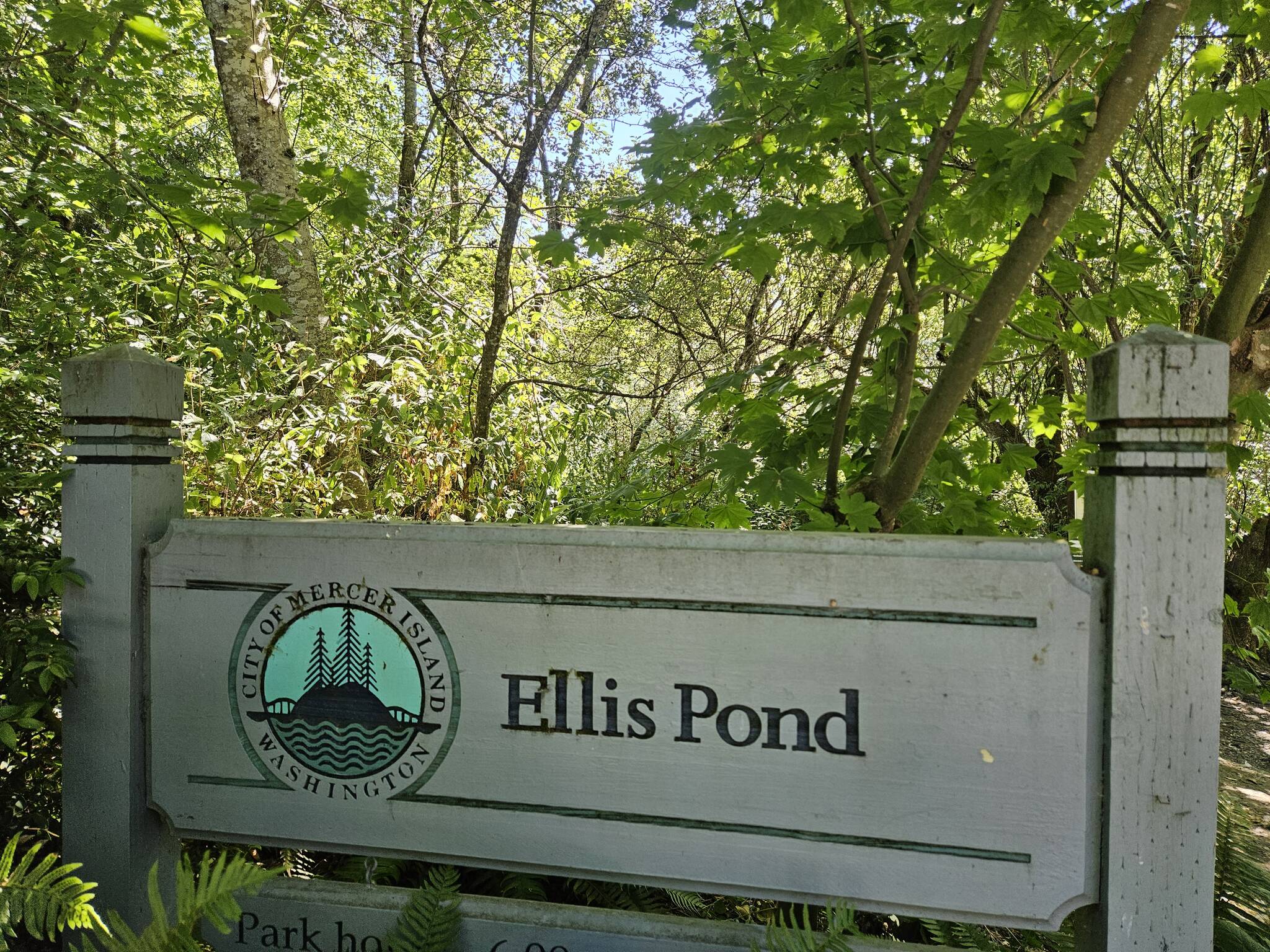“Walking is a man’s best medicine.” — Hippocrates
“Walking is the best possible exercise.” — Thomas Jefferson
“It is impossible to walk rapidly and be unhappy.” — Mother Theresa
Turns out the ancient Greek physician, one of our Founding Fathers, and the Nobel Peace Prize-winning saint were all absolutely right.
Don’t take my word for it. Listen to John Medina, a developmental molecular biologist and affiliate professor of bioengineering at the University of Washington School of Medicine.
I went to hear Dr. Medina speak recently about how exercise can benefit everyone — but especially aging seniors like me. I had read his book, “Brain Rules for Aging Well – 10 Principles for Staying Vital, Happy, and Sharp,” but I’d never met him in person. (See www.brainrules.net/brain-rules-for-aging-well)
In an hour-long talk at Meydenbauer Theater in Bellevue, sponsored by Belle Harbour Senior Living, Medina laid out an irrefutable case for how even moderate distances can bring extraordinary positive changes. He is a fairly short, somewhat stocky man who doesn’t look to be in top physical shape, which he admits. He jokingly describes himself as a “sedentary carnivore.”
I was an eager target for his message: As someone who used to do Crossfit but has recently slowed down to daily (well, almost daily) walks around Mercer Island’s many parks and trails, I wanted credible scientific evidence that my increasingly lazy ways were OK.
Medina not only provided that, but documented it in solid research, multiple experiments, and scientific journal articles.
And the best news is that it doesn’t have to be strenuous, lengthy, time-consuming, exhausting exercise. You don’t have to run marathons or work out for hours at the gym. The best evidence shows that moderate walking on a regular basis carries the same or even greater advantages.
Even the American Heart Association agrees. In a recent report (see www.heart.org ), the AHA said that a brisk walk of 30 minutes a day for 3 days a week has significant and lasting benefits. “Walk at a pace where it’s difficult to talk or sing,” Medina says.
Medina’s charts and graphs, including specific source citations, make the encouraging case that moderate exercise in walking can reduce stress, lower tension, lessen depression and combat fatigue. It also makes you smarter.
“One of the most astonishing revelations of recent geroscience is this: greater physical activity means greater intellectual vigor, regardless of age,” Medina writes. “Researchers noticed years ago that fit seniors seemed smarter than sedentary seniors … Elderly individuals who regularly exercised scored higher, sometimes stratospherically higher, on executive function tests than sedentary controls … It is quite rare you get such clear numbers in work of this kind.”
But wait, there’s more good news for us aging seniors who live on Mercer Island. Walking outdoors in natural areas — woods, parks, open spaces — adds even greater benefits. Walking in downtown areas, malls or neighborhoods, or on treadmill at the gym, is not as beneficial as walking outside. Medina notes that in Japan they call it “forest bathing” and in the United Kingdom “green exercise.” Both have gotten some publicity in recent years, but Medina cites authoritative research that supports the good results.
And there’s a final element that can add to the benefits: Water. Walking to a waterfall or lake or pond or stream adds an extra boost to our brains, for reasons that are not completely clear. “Water helps even more,” Medina said.
The day I heard him speak, my wife and I walked from our house to Ellis Pond and back. The trail goes through a thick forest-like stand of trees and the pond is a peaceful place filled with ducks and other birds.
And the next day at Island Books we bought “Walk! Mercer Island – The Insider’s Guide to Walking on Mercer Island” by Kris Kelsay. It’s a comprehensive guide to our Island’s extensive network of parks, open space, and community trails. It includes some little-known and underutilized paths that are often unknown even by those who live near them.
Full disclosure: I have borrowed some of the quotations in this column from Kelsay’s book. Here’s one last one:
“Perhaps the truth depends on a walk around the lake.” — Wallace Stevens.
As Medina concluded in his talk: “Get off your butt on a regular basis and your brain will thank you for it.”
–
John Hamer is a retired journalist who lives just off Island Crest Way and walks regularly with his wife and grandchildren at Luther Burbank Park, Gallagher Hill Park, Pioneer Park, Island Crest Park, Ellis Pond and other places. Email: jhamer46@gmail.com.


